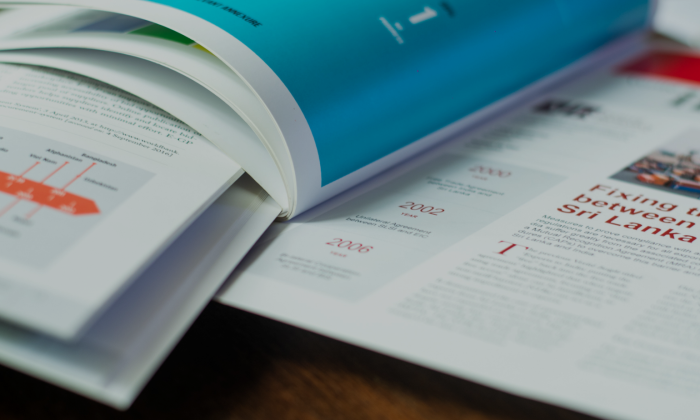


Sri Lanka is facing a critical juncture in its recovery from the 2022 economic crisis, as emphasized by Institute of Policy Studies Executive Director Dushni Weerakoon. During the release of the ‘State of the Economy’ report, she highlighted the difficult choices policymakers must make between economic relief and adherence to the IMF’s fiscal targets. Weerakoon cautioned that deviating from these targets could jeopardize the country’s access to multilateral financing from institutions like the ADB and World Bank, which is essential for maintaining foreign currency inflows necessary for recovery. She stressed that while the IMF offers limited financial support, its endorsement is crucial for unlocking broader international aid.
Weerakoon also raised concerns about the impact of altered fiscal policies on debt sustainability, noting that Sri Lanka's moratorium on repayments will end in 2027, requiring the accumulation of dollar reserves for future obligations. The risks associated with prolonged negotiations for more favorable debt terms could hinder recovery efforts, similar to situations faced by other nations in default. Despite the allure of more flexible fiscal policies to accelerate recovery, Weerakoon underscored that policymakers must carefully consider whether to implement significant revisions or smaller adjustments to tax and spending policies that align with the IMF’s program. As Sri Lanka grapples with slower job growth, declining living standards, and rising poverty, finding effective policy tools to facilitate a robust recovery has become increasingly urgent.